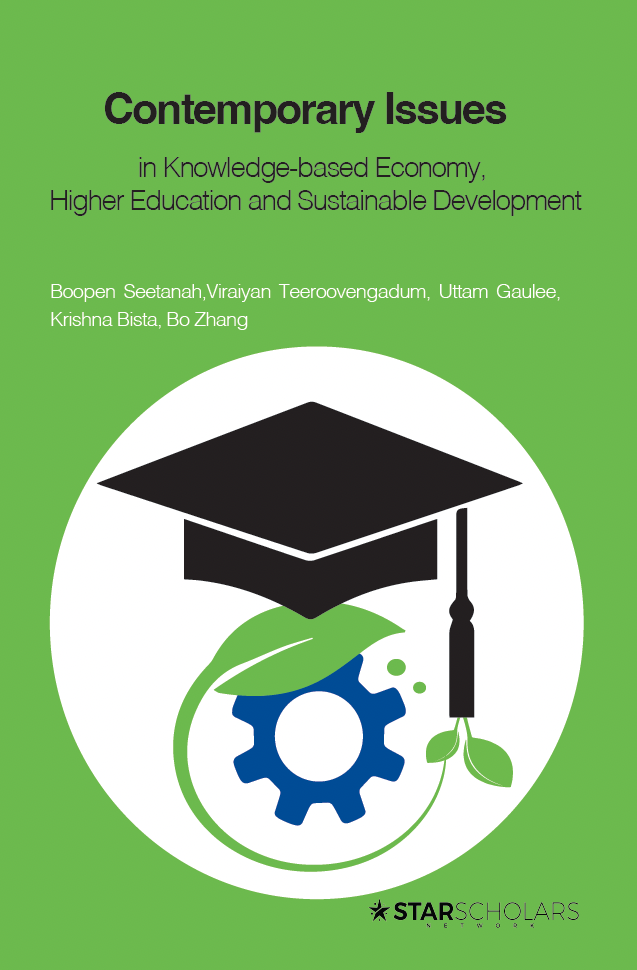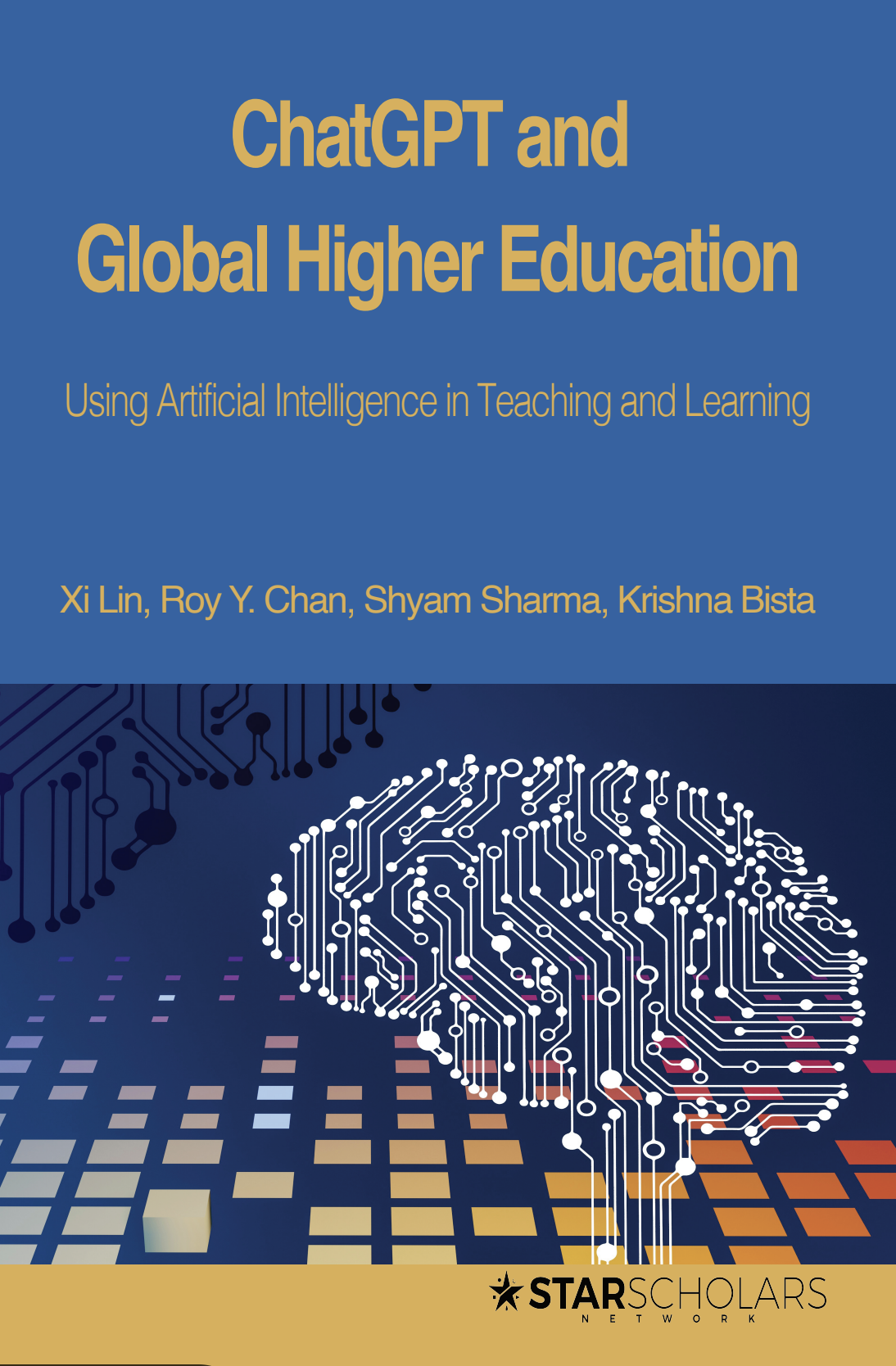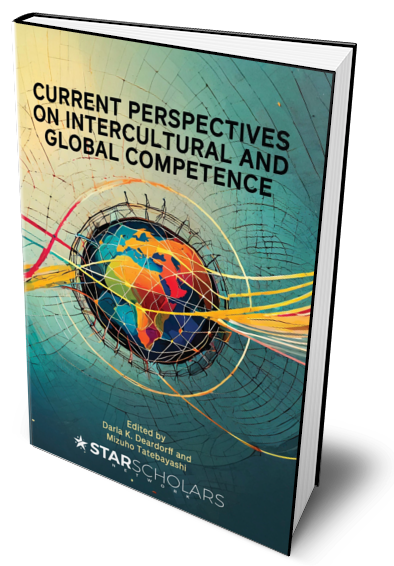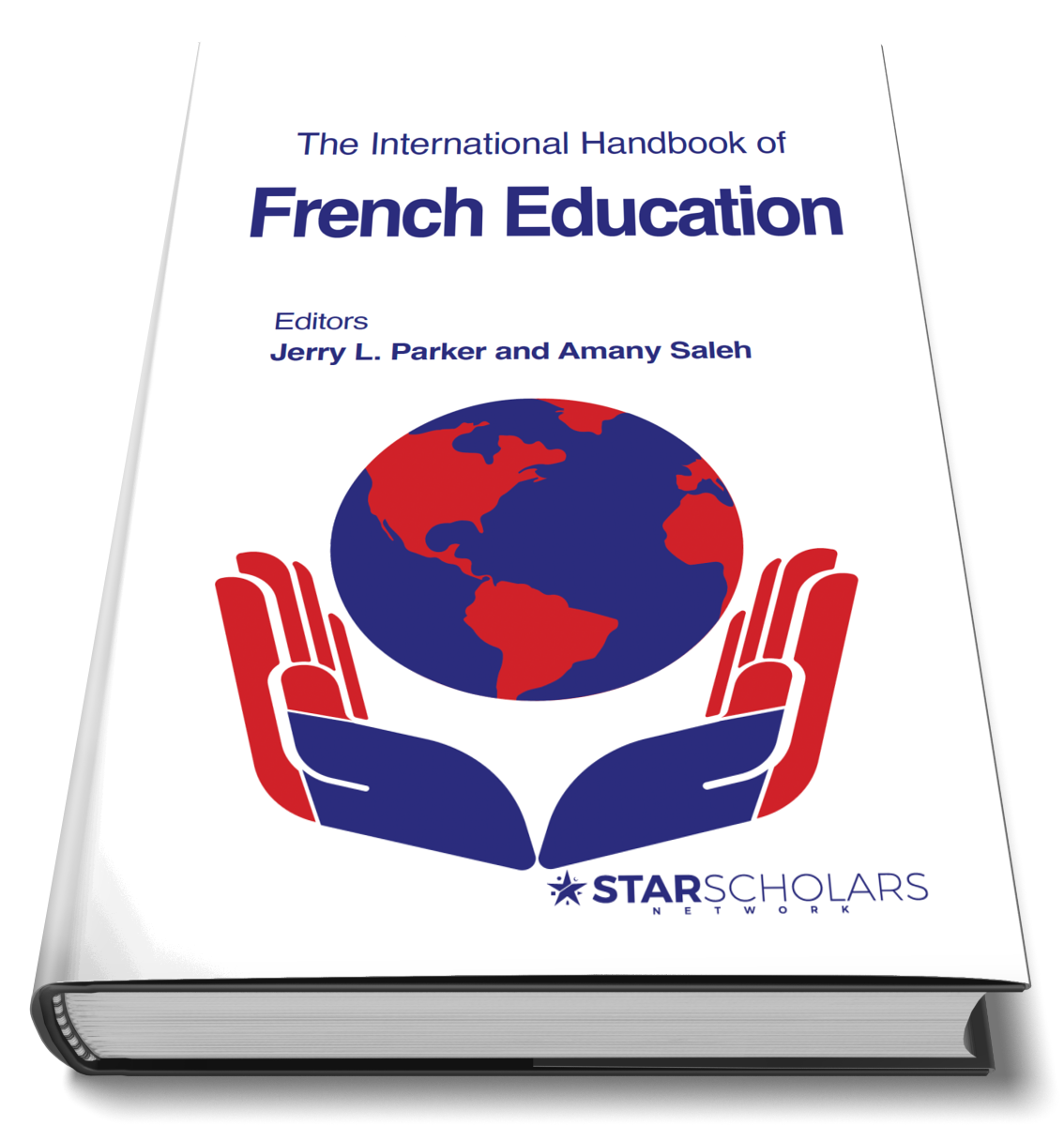“VISA 485 Lives Matter”: Digital Activism of Indian ‘Australian-International’ Students during the COVID-19 Pandemic
Published
Synopsis
This paper critically analyses the experiences of Indian international students who were confined in India during the COVID-19 pandemic and the problems they faced when they were trying to go back to Australia to continue their studies or, undertake post-study work. The COVID-19 pandemic, which made many international students (including Indian students) return home, has highlighted both the financial risks to the students and to the host Australian tertiary sector's reliance on full-fee-paying international students. The impact of the likely loss of revenue and the fall in international student enrolment will have on the revival of the tertiary sector has received considerable attention from academics and other stakeholders. Less attention has been paid to the challenges of the international students who had to leave Australia during the pandemic and were "stuck" because of closed international borders. As the students were trying to convey their concerns to the Australian government, they launched the "VISA 485 Lives Matter" digital activism on different social media platforms. Methodologically, this study is based on digital ethnography of student activism using online social media platforms to document the real-world experiences of these “stranded`” Indian international students.





